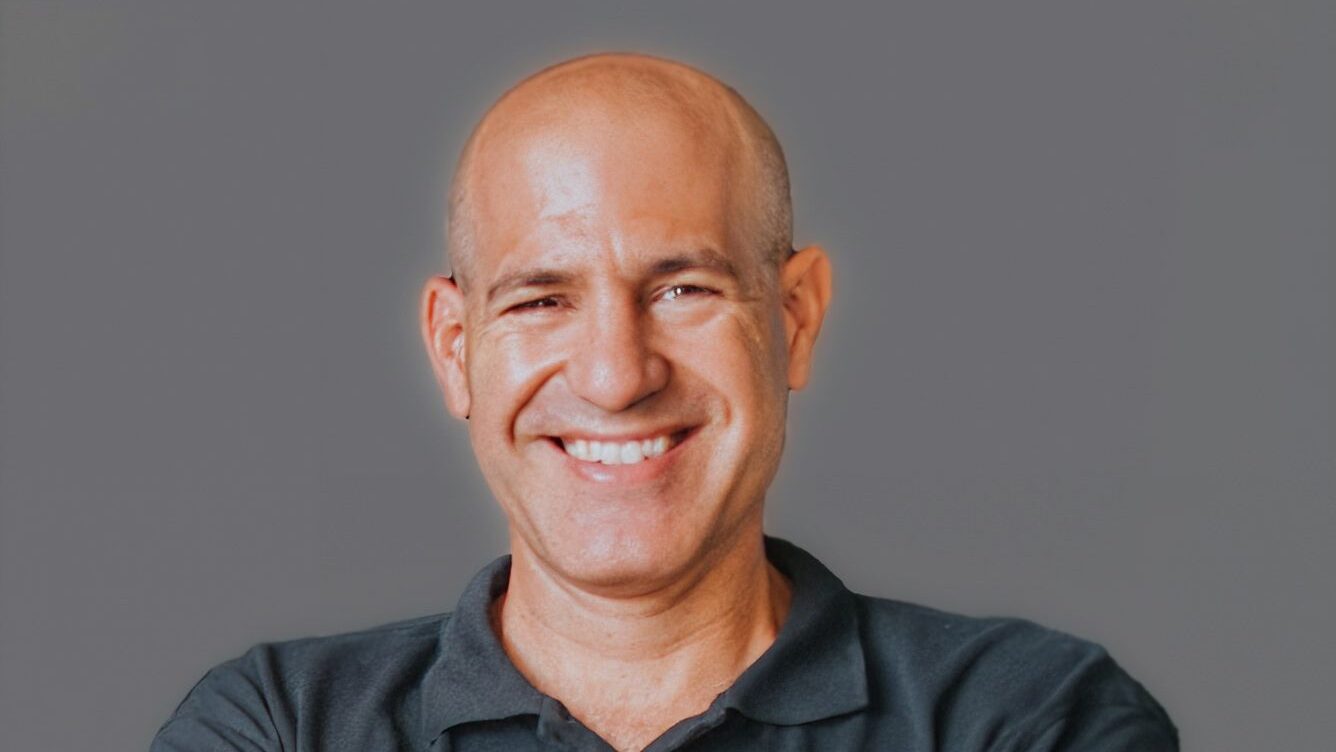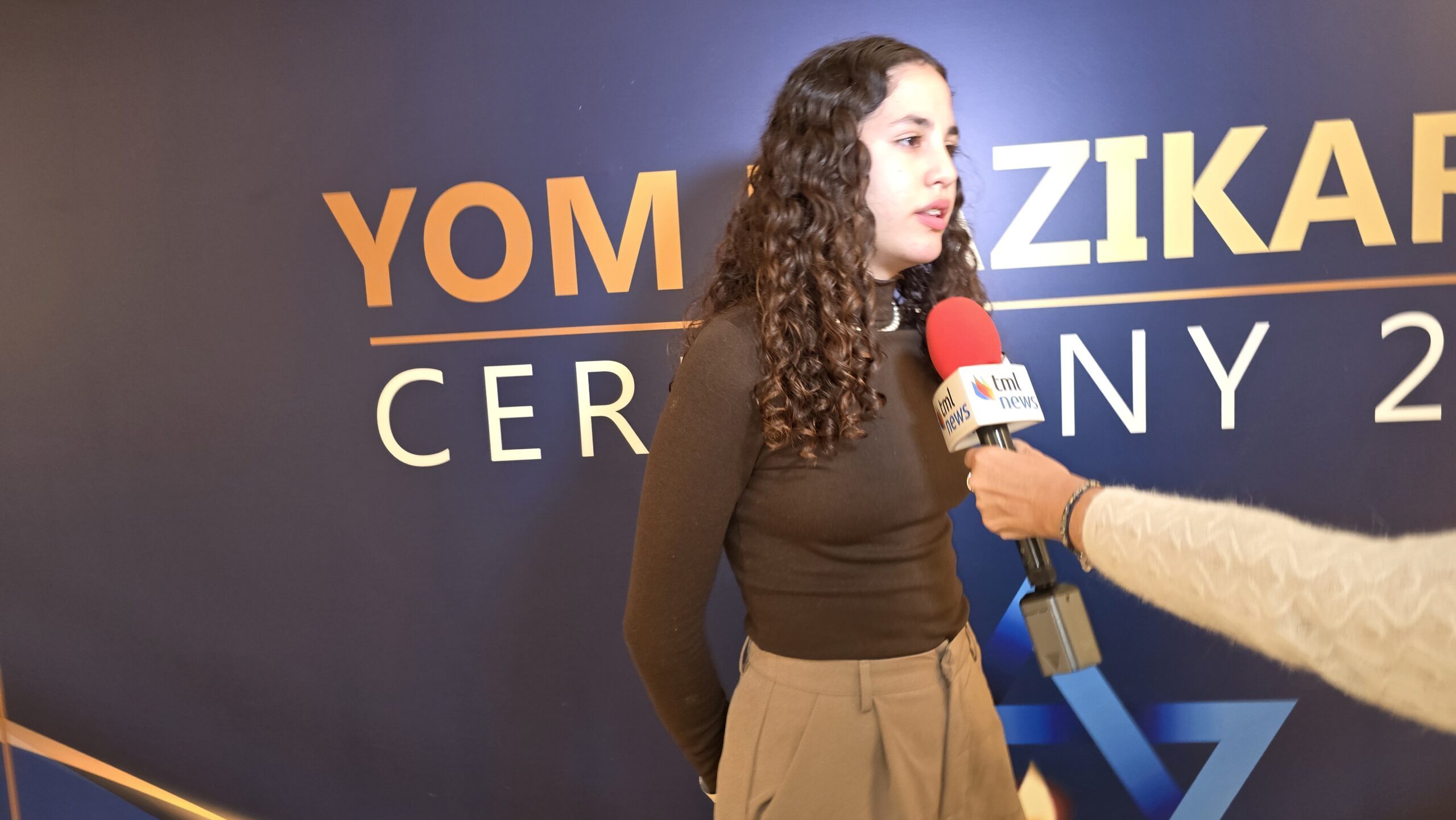At IDF Widows and Orphans Event, Bereaved Mothers Implore Israel To Remember Their Loved Ones
Grieving families speak of love, courage, and the pain of carrying on—calling not only for remembrance, but for recognition of the human cost behind each name
On Tuesday evening, Israel rang in its annual Memorial Day, commemorating fallen soldiers and victims of terror. At an event sponsored at the Museum of Tolerance in Jerusalem sponsored by the IDF Widows and Orphans Organization, a special focus was paid to the families still grieving those they lost.
Each of the 1,200 or so people killed in the attacks on October 7, 2023, left behind family members, friends, and loved ones to pick up the pieces of the loss. In the days since then, as Israel continues to battle Hamas in Gaza, new families have become part of the military widows and orphans community—a club that no one intends to join. This past year, 85 new widows and 163 new orphans joined Israel’s ever-growing circle of grief.
Shlomi Nahumson, head of the IDF Widows and Orphans Organization, emphasized the grief of family members left behind when soldiers are killed. “Behind every fallen soldier are loved ones—widows raising children alone, orphans growing up without a parent,” he said. “Memorial Day is not only a national day of remembrance, but a deeply personal day of pain and resilience.”
Twelve-year-old Ittai Hershberg, who lost his father in combat, recited the Kaddish, a Jewish prayer for the dead.
Former Mossad director Yossi Cohen delivered a keynote address, sharing the stories of two cousins of his who died during the recent conflict—one at Kibbutz Be’eri and one in Gaza. “Their absence is deeply felt, and their courage continues to inspire us,” Cohen said of those who have fallen.
Rabbi Marvin Hier, cochair of the Museum of Tolerance and founder of the Simon Wiesenthal Center, also spoke at the ceremony, as did Danny Danon, Israel’s representative to the UN.
“Each of the fallen had a dream. A future. A family,” Danon said.
Two grieving family members shared their personal stories with the attendees.
Dafna Russo, widow of Maj. Uri Russo, recounted the events of October 7. Dafna, Uri, and their three daughters—15-year-old Maya, 13-year-old Alona, and 11-year-old Ye’ela—were all woken up that morning in their Kfar Aza home by rocket sirens and rushed to the safe room.
Uri was head of the kibbutz emergency response team, and after he saw that his family was safe, he headed out to respond to the invasion.
“Uri left on his bicycle with his personal weapon to fight—like a hero,” Dafna recalled. “The girls asked me, ‘Is Daddy gone?’ I said, ‘No, Daddy would never leave without saying goodbye.’ But that was the last time we saw him.”
Give the gift of hope
We practice what we preach:
accurate, fearless journalism. But we can't do it alone.
- On the ground in Gaza, Syria, Israel, Egypt, Pakistan, and more
- Our program trained more than 100 journalists
- Calling out fake news and reporting real facts
- On the ground in Gaza, Syria, Israel, Egypt, Pakistan, and more
- Our program trained more than 100 journalists
- Calling out fake news and reporting real facts
Join us.
Support The Media Line. Save democracy.
Later, Uri’s pistol was found—six rounds fired. Six dead terrorists were discovered nearby.
“I’m not surprised by his bravery,” Dafna said. “Uri is a very strong and capable man.”
She added that knowing about her husband’s acts of bravery brings her no comfort.
Dafna and her daughters hid in the safe room for 14 hours while Hamas terrorists rampaged through their kibbutz.
“I kept my headphones on the entire time we were in the safe room, just to block out the sounds,” bereaved daughter Alona told The Media Line. “We were terrified.”
There is something inside me that gives me the power to keep my head up. And it’s also for Uri’s sake, so he knows that we are okay, that we’re going to be fine.
Dafna said that her daughters have given her the strength to keep going, adding, “But there is more—there is something inside me that gives me the power to keep my head up,” she said. “And it’s also for Uri’s sake, so he knows that we are okay, that we’re going to be fine. Although sometimes I feel guilty for feeling fine, because everything has been destroyed for us.”
Sigal Shteiner Manzuri spoke at the ceremony about losing her two daughters, Norelle Manzuri, 25, and Roya Manzuri, 22, at the Nova music festival. Norelle’s fiance, Amit Cohen, was also killed in the festival massacre.
“We had Shabbat dinner together that Friday—it was a holiday,” she recalled. “Norelle and her boyfriend Amit announced their engagement. We toasted. It was such a joyful evening. They left for the party at 1 a.m. and texted us that they arrived and all was well.”
At 6:30 a.m., sirens woke Shteiner Manzuri and her husband. They immediately reached out to their daughters, who were trying to escape. They exchanged text messages until 7:40 a.m. Then, silence.
“The girls and their friend found a shelter on their way out of the festival. They couldn’t drive anymore—terrorists had set up roadblocks. They decided to stay in the shelter with others,” Shteiner Manzuri said.

Sisters Norelle and Roya Manzuri, who were killed at the Nova music festival on October 7, 2023. (Courtesy)
Shteiner Manzuri soon learned that terrorists had launched a massive attack on the shelter her daughters and Amit were hiding in, opening fire and throwing grenades into the structure. But for days, she didn’t know whether her daughters had been killed or kidnapped into Gaza.
As parents, you don’t give up hope until they knock on the door.
Days after the attack, she learned that Amit had been killed, but she held out hope that her daughters were still alive. “As parents, you don’t give up hope until they knock on the door,” Shteiner Manzuri said, referring to the official announcement that a parent has lost a child to a terror attack or in war.
Believing her daughters to be held in Gaza, she reached out to the US embassy—Norelle and Roya were dual citizens—and tried to get help to bring her children home. But four days after the attack, Shteiner Manzuri was informed that Roya had been killed. Soon after that, she was told that Norelle, too, was dead.
She told The Media Line about the importance of sharing her story of losing her two daughters and her would-be son-in-law.
Since the day I was thrown into this really cruel journey, I’ve made it my mission to keep their memory alive, to preserve their legacy, and to make sure that nobody ever forgets my children.
“Since the day I was thrown into this really cruel journey, I’ve made it my mission to keep their memory alive, to preserve their legacy, and to make sure that nobody ever forgets my children and what really happened on October 7—how horrible that day was and the massacre that took place,” she said. “It’s important for people to understand that this crime was not only against the Jewish people, but against humanity.”
Addressing the crowd of mourners and supporters, Larry Mizel, president of the Museum of Tolerance, summed up the complex emotions experienced by those who lost what was most precious to them: “Shattered families. Interrupted futures. And yet, even in the shadow of such loss, hope endures.”
Leah Schwartz contributed to this report.






